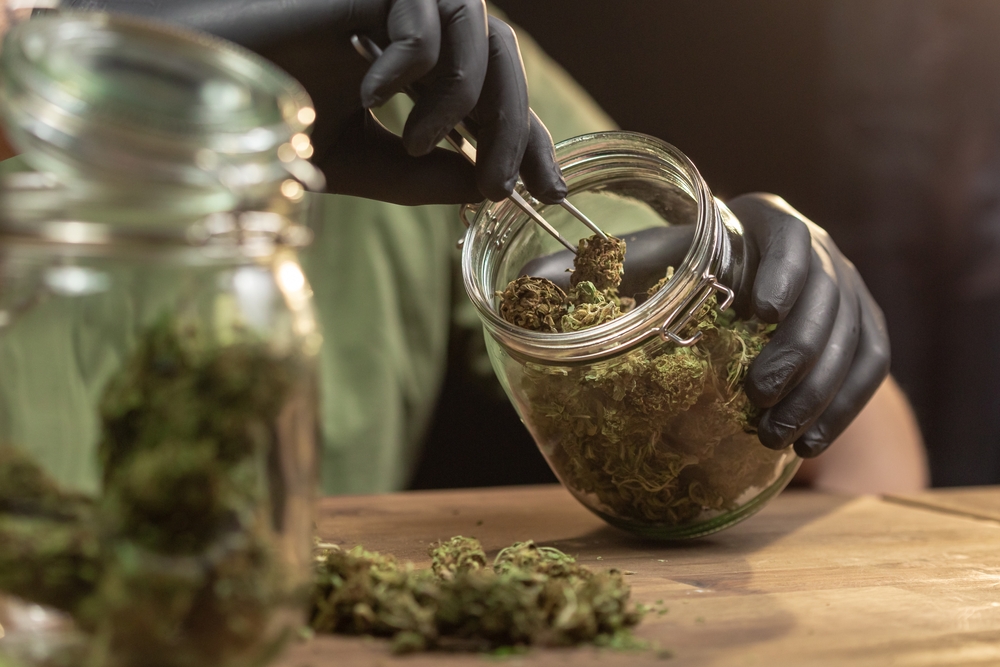CBD Benefits - Cannabinoids, Their Receptors, and Their Activities
If you’re interested in knowing more about CBD Benefits, then read on! This article will discuss Cannabinoids, their receptors, and their activities, as well as how CBD works in the human endocannabinoid system. We’ll also explore how CBD interacts with other medications. Hopefully, by the time you’re finished reading, you’ll have a better understanding of the potential benefits of CBD and its role in treating and preventing many conditions.
Researchers have found that cannabinoids and CBD can reduce the risk of cardiovascular disease. Cardiovascular disease is an umbrella term that refers to several conditions. These diseases are caused by a buildup of plaque in the arteries, which can lead to total blockage of the blood flow, resulting in heart attacks and strokes. CBD is also associated with reduced inflammation and neuroprotection. CBD may help the cardiovascular system, by acting on ECS receptors and increasing production of dopamine. Dopamine is associated with attention and reduction of inflammation. Adenosine is related to neuroprotection, and CBD activates adenosine receptors. CBD is thought to alleviate inflammation and pain associated with lupus.
Researchers have found that CBD can block the psychiatric effects of THC, the psychoactive component of marijuana. Though research on this topic is conflicting, this finding may have implications for cannabis products. CBD products that are low in THC and high in CBD may be beneficial for individuals who are susceptible to side effects. However, research is ongoing and future studies will determine the exact mechanisms involved. Meanwhile, it’s important to note that CBD and THC work in different areas of the brain.


Studies on cannabinoid receptors and their effects on pain have shown promising results. However, many of these studies have had several flaws. For instance, cannabinoid receptors are not located in the central nervous system and are subject to subjective pain estimation. Further, it is not known whether cannabinoids work directly on cannabinoid receptors or if they are directly involved in pain. If you’re unsure of the last time you had an inspection, be sure to check out Chimney Services Bronx County.
There are two types of cannabinoid receptors in the brain. The first type is the CB1 receptor, which is part of the endocannabinoid system. The second type of receptors is the CB2 receptor. Choose storage facility groton if you need a place to store your CBD stockpile. It works with both CB1 and CB2 receptors to help keep body systems in balance. However, CBD does not affect CB1 receptors directly. Rather, it acts by inhibiting the signaling of the receptors.